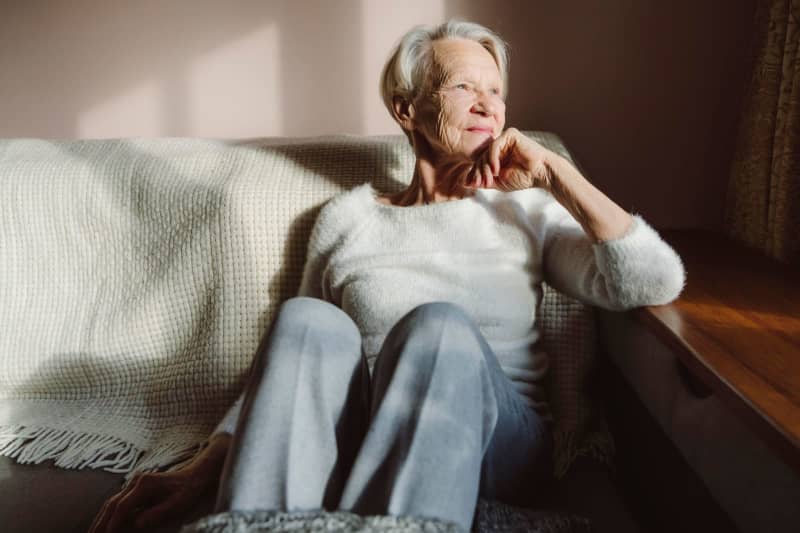There are, of course, positives to daylight saving time.
But in the coming days and weeks, millions around the world will also grudgingly lose an hour’s sleep as the clocks go forward an hour.
Several dozen countries in Europe make the switch on the night from March 30 to March 31. Australia, New Zealand and parts of the Middle East and South America follow in April.
For those worried about the loss of sleep, experts believe it’s worth focussing on the positives and not on the fears that the missing hour could throw your body clock out of sync.
“If you start worrying about possible problems days in advance, it can lead to a self-fulfilling prophecy,” says Prof Markus Gosch, President of the German Society of Geriatrics. In other words, the fear itself can lead to people actually sleeping badly or feeling tired in the days after the clocks go forward.
There is no scientific evidence that older people are generally less able to cope with the time change, wspecially as the body needs less sleep in old age anyway. According to Gosch, many people manage well on six hours a night.
But what can you do if you already sleep poorly and are more sensitive to the time change? Gosch advises them to take the time change as an opportunity to scrutinize their own sleep habits.
“This means asking yourself: ‘How do I prepare myself for sleep?’ and ‘How do I stick to certain rules?'”
It might be time to crack down on some bad habits. This could mean switching off devices or the TV an hour before going to bed and reading something instead. Heavy meals and alcohol should be avoided.
It’s also a good idea to stop drinking anything at all before going to bed, so that your bladder doesn’t immediately start to work as soon as you fall asleep.
A ritual can also set the mood for a good night’s sleep. It could be a brief moment at the open window, breathing in the cool evening air. Or the classic warm milk with honey. The main thing is that the body gets the signal: The day is now coming to an end.
And older people have a big advantage over younger people when it comes to the time change: “Most people are retired, so it doesn’t matter whether you start the day an hour earlier or later,” says Gosch.
Nevertheless, it can make sense to take some of the pressure off in the week after the time change and perhaps not schedule any appointments for eight o’clock in the morning.
And what about medication that has to be taken at a certain time? There’s no need to do a lot of maths when it comes to the time change.
“As a rule, it doesn’t matter whether the medication is taken an hour earlier or later,” says Markus Gosch. And that also means: “You don’t have to get up an hour earlier after the time change in order to take the medication at the same time.”
